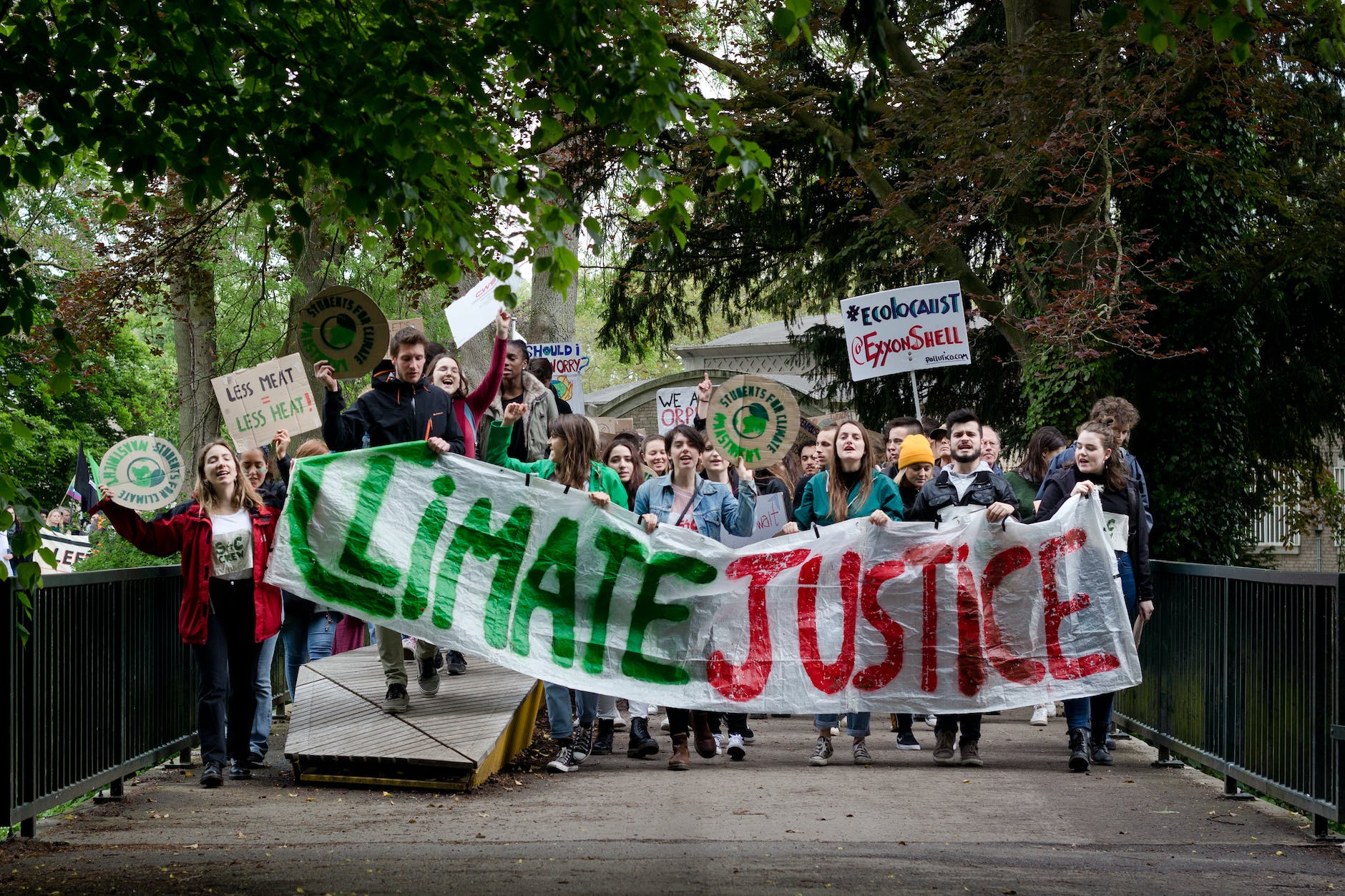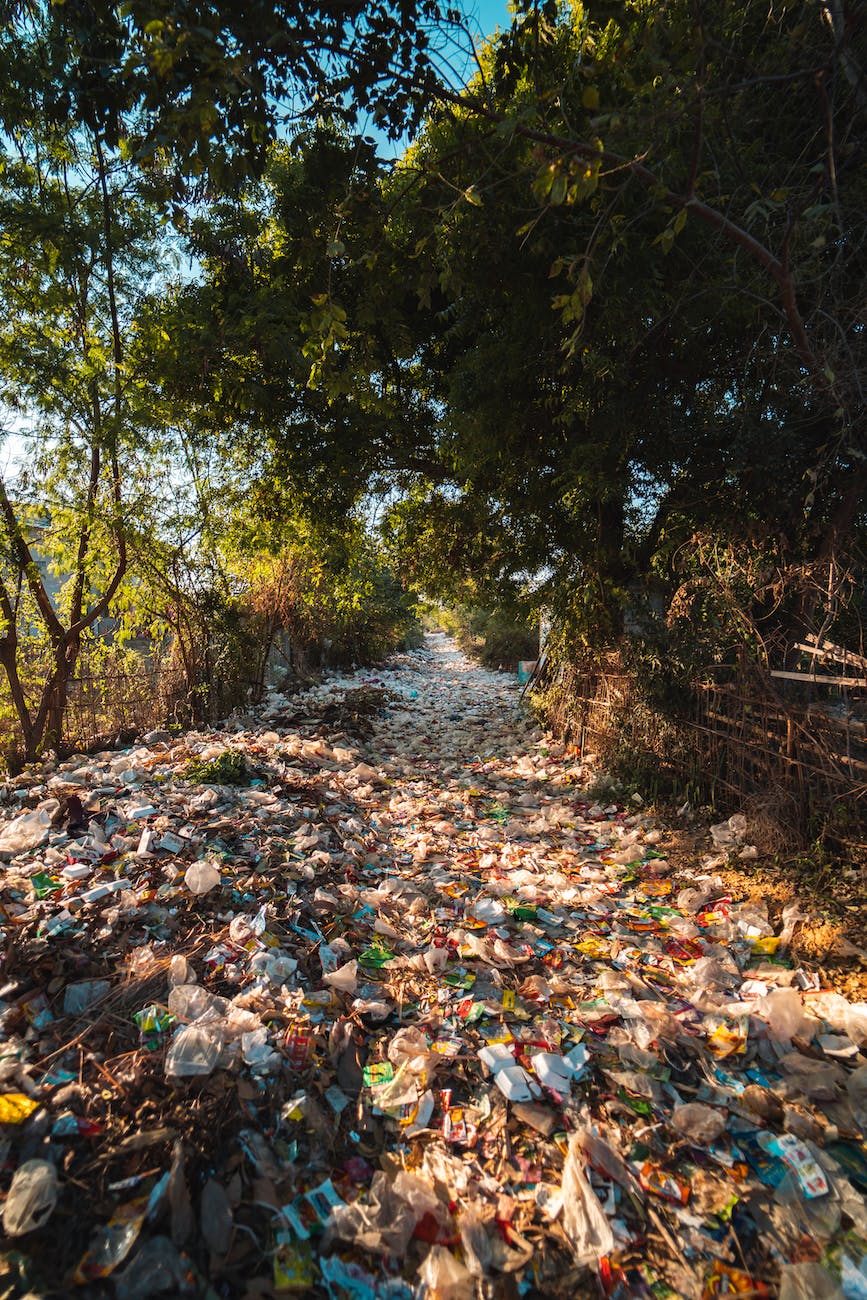Climate Change: A Menace to Humanity
Climate change is an ongoing phenomenon that is currently affecting ecosystems and communities worldwide. The consequences of climate change on individuals, families, mental health, and the economy can be catastrophic.

The impact of climate change in India
India, ranked fourth among the countries affected by climate change in 2015, is already experiencing the effects of warming, and the consequences of climate change are expected to worsen in the future.
Let’s examine some of the uncertainties regarding the future of climate change:
- 90% of the diseases caused by climate change will affect children under the age of 5.
- 24 million children are predicted to suffer from malnutrition due to climate change by 2050.
- The education of around 38 million children is affected by climate change every year.
- The past decade has been the hottest period in 125,000 years, and atmospheric carbon dioxide concentrations are currently at their highest levels in human history.
- By 2100, the average global temperature is expected to increase by approximately between 0.5°F and 8.6°F.

Climate Change – A Threat to Mental Health
Heat exposure will become more frequent as global temperatures rise. The impact of global climate change on developing countries will be more severe. Heatstroke is linked to mental and behavioral issues. People who experience life-threatening events are at high risk of developing post-traumatic stress disorder, which is an anxiety spectrum disorder that can be resolved over time through therapy and/or medication. As the effects of climate change become more pronounced, the psychological consequences of climate change-related disasters may affect the vast majority of the population.
Mental health is closely related to physical health. Poor physical health and illness can lead to poor quality of life and mental health. People with mental health issues are three times more likely to die from heatstroke than those without.
Incremental climate change has led to financial and relationship stress, increased risk of violence and aggression, relationship issues, and heavy exposure to drugs. In India, most suicides (37.8%) are committed by people under the age of 30.
It’s a dire situation that requires urgent attention.
What Can We Do Now?
- Support policies and initiatives that address climate change, such as renewable energy development and carbon pricing.
- Adopting a more plant-based diet, cutting out red meat, becoming vegetarian, or going vegan can significantly reduce your environmental impact.
- Transportation is a significant source of greenhouse gas emissions. Consider walking, biking, or taking public transport instead of driving alone.
- Planting a garden is one way to reduce your carbon footprint while increasing your activity and intake of fresh vitamins and minerals.
- Connect more with nature and contribute to natural awareness activities to raise awareness about climate change.
Our small steps to conserve and prevent climate change can improve the well-being and mental health of future generations, making Earth a happier place filled with natural resources.
About the Author
Jugal Wadhwani is a Analyst in a leading Private Banking company. Other than work he is always elevated to nature conservation activities and awareness and he enjoys being in nature in his free time.
